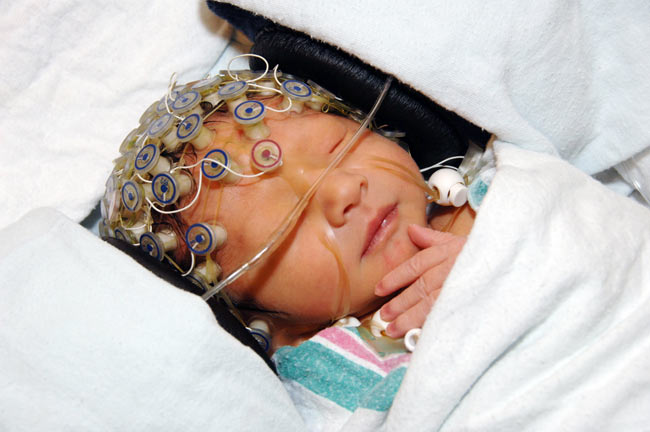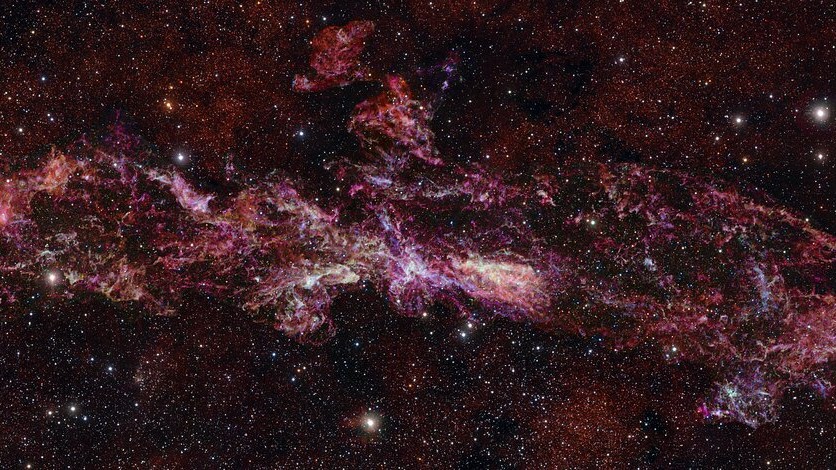Babies Learn Quickly While Sleeping

Get the world’s most fascinating discoveries delivered straight to your inbox.
You are now subscribed
Your newsletter sign-up was successful
Want to add more newsletters?

Delivered Daily
Daily Newsletter
Sign up for the latest discoveries, groundbreaking research and fascinating breakthroughs that impact you and the wider world direct to your inbox.

Once a week
Life's Little Mysteries
Feed your curiosity with an exclusive mystery every week, solved with science and delivered direct to your inbox before it's seen anywhere else.

Once a week
How It Works
Sign up to our free science & technology newsletter for your weekly fix of fascinating articles, quick quizzes, amazing images, and more

Delivered daily
Space.com Newsletter
Breaking space news, the latest updates on rocket launches, skywatching events and more!

Once a month
Watch This Space
Sign up to our monthly entertainment newsletter to keep up with all our coverage of the latest sci-fi and space movies, tv shows, games and books.

Once a week
Night Sky This Week
Discover this week's must-see night sky events, moon phases, and stunning astrophotos. Sign up for our skywatching newsletter and explore the universe with us!
Join the club
Get full access to premium articles, exclusive features and a growing list of member rewards.
Babies can apparently learn even while asleep, a new study reveals.
As newborns spend most of their time asleep, this newfound ability might be crucial to rapidly adapt to the world around them and help to ensure their survival, researchers said.
In experiments with 26 sleeping infants, each just one to two days old, scientists played a musical tone followed by a puff of air to their eyes 200 times over the course of a half-hour. A network of 124 electrodes stuck on the scalp and face of each baby also recorded brain activity during the experiments.
The babies rapidly learned that they could expect a puff of air upon hearing the tone, showing a four-fold increase on average in the chances of tightening their eyelids in response to the sound by the end of each session.
"It's surprising how quickly they learned — the study took 30 minutes, but I think they actually learned this in half that time," said researcher William Fifer, a developmental neuroscientist at Columbia University in New York. "We knew that a baby's job is to be an information gatherer, a data sponge, but I don't think we realized this also happens when they're sound asleep."
Certain aspects of brain-wave activity over the frontal parts of the babies' brains also increased significantly over time during the experiments. This potentially reflected how the newborns were updating their memories. In fact, past research showed that the brains of sleeping infants were abuzz with activity in regions associated with visual, motor and auditory processing.
In the new study, the kind of learned response with their eyes depends on the part of the brain known as the cerebellum. In autism and dyslexia, there are abnormalities linked with the cerebellum, suggesting this kind of study may offer a new way to identify at-risk infants at a very early age.
Get the world’s most fascinating discoveries delivered straight to your inbox.
"We don't have very good tools right now to assess brain function in very early infancy, so this could prove very useful in measuring how well the brain is developing," Fifer said. "And babies spend so much time asleep, which fortunately could be an ideal time and state to ask questions of their brain."
There are now a number of interesting questions that scientists can now pursue with this research. For instance, "if the babies learned something on day one while asleep, do they remember it on day two when they are awake, or has it come and gone?" Fifer wondered.
Fifer and his colleagues detailed their findings online May 17 in the Proceedings of the National Academy of Sciences.
- Top 10 Mysteries of the Mind
- 10 Things You Didn't Know About the Brain
- 5 Things You Must Know About Sleep

 Live Science Plus
Live Science Plus










